 Eli Lilly acquiring immune therapy developer Dice Therapeutics for $2.4B
Eli Lilly acquiring immune therapy developer Dice Therapeutics for $2.4B
Eli Lilly said this week it has inked an agreement to acquire Dice Therapeutics, a biopharma firm developing novel oral therapeutic candidates, for $2.4 billion in cash. Read More
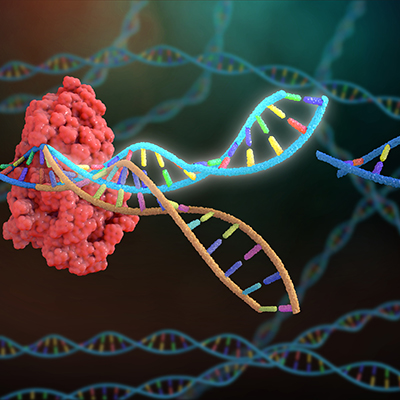 Future Fields, Jenthera Therapeutics collaborate to develop novel protein for the delivery of cancer biologics
Future Fields, Jenthera Therapeutics collaborate to develop novel protein for the delivery of cancer biologics
Biotech firm Future Fields and gene-editing firm Jenthera Therapeutics this week announced a collaboration focused on the manufacturing of a first-of-its-kind cancer-fighting protein. Read More
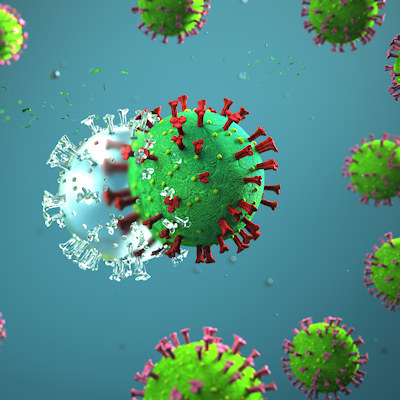 Taking metformin during SARS-CoV-2 infection cuts risk of long COVID in clinical trial
Taking metformin during SARS-CoV-2 infection cuts risk of long COVID in clinical trial
People who took the diabetes drug metformin after being infected with SARS-CoV-2 were less likely to develop long COVID in a randomized clinical trial. Read More
 Foundation Medicine enters companion diagnostic collaboration with Merck KGaA
Foundation Medicine enters companion diagnostic collaboration with Merck KGaA
Foundation Medicine said Monday that it has entered a strategic collaboration with Merck KGaA in Darmstadt, Germany to develop FoundationOne Liquid CDx and FoundationOne CDx as companion diagnostics in the U.S. market for selected marketed and pipeline treatments. Read More
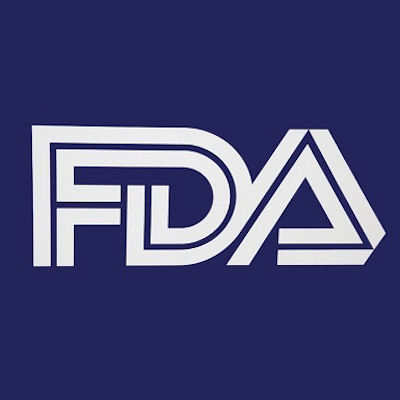 FDA updates recommendations to modernize design, conduct of clinical trials
FDA updates recommendations to modernize design, conduct of clinical trials
The U.S. Food and Drug Administration (FDA) on Tuesday released a draft guidance document with updated recommendations for good clinical practices aimed at modernizing the design and conduct of clinical trials. Read More
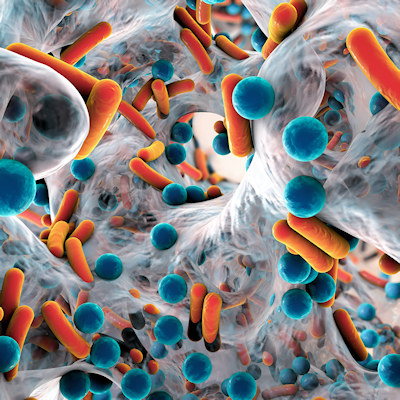 Metagenomics study finds antibiotic resistance genes are widespread among bacteria
Metagenomics study finds antibiotic resistance genes are widespread among bacteria
Genes that make bacteria resistant to antibiotics are more widespread in our environment than was previously realized. Read More
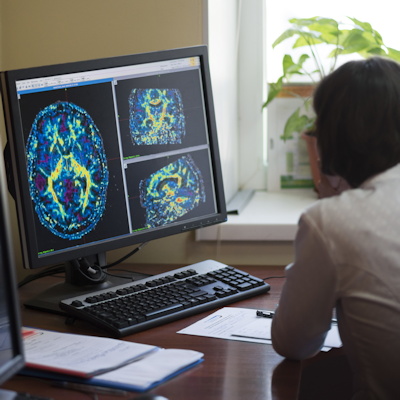 NIH initiative to test new cancer drug combinations
NIH initiative to test new cancer drug combinations
The National Institutes of Health’s (NIH’s) National Cancer Institute (NCI) has launched a large precision medicine cancer initiative to test the effectiveness of new cancer drug combinations, guided by tumor biology. The initiative, called Combination Therapy Platform Trial with Molecular Analysis for Therapy Choice (ComboMATCH), aims to identify promising treatments that can then advance to larger, more definitive clinical trials. Read More
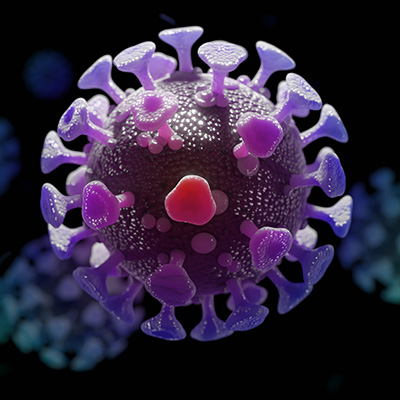 Cryo-electron microscopy sheds light on key step in replication of SARS-CoV-2
Cryo-electron microscopy sheds light on key step in replication of SARS-CoV-2
Researchers have used cryo-electron microscopy (cryo-EM) to visualize a critical step in the replication of SARS-CoV-2, generating insights that could inform the development of COVID-19 drugs. Read More
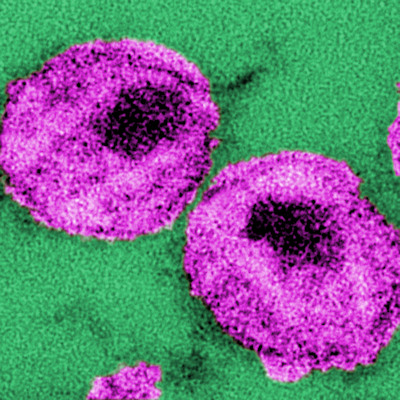 HIV nanoparticle vaccine induces strong T-cell responses in early-phase clinical trial
HIV nanoparticle vaccine induces strong T-cell responses in early-phase clinical trial
An HIV nanoparticle vaccine has induced strong T-cell responses in a first-in-human clinical trial, marking a step toward the development of a product that protects against the virus. Read More
 New antibiotic targets deadly hospital superbug
New antibiotic targets deadly hospital superbug
Scientists used artificial intelligence (AI) to discover a promising antibiotic that may help doctors target Acinetobacter baumannii, a deadly, drug-resistant pathogen that often strikes vulnerable hospital patients. The study, published Thursday in the journal Nature Chemical Biology, identified the antibacterial compound abaucin in response to the urgent need for new ways to treat A. baumannii infection. Read More
Conferences
Science Briefs
Member Rewards
Earn points for contributing to market research. Redeem your points for merchandise, travel, or even to help your favorite charity.
Research Topics
Interact with an engaged, global community of your peers who come together to discuss their work and opportunities.
Connect
Tweets by @ScienceBoard






